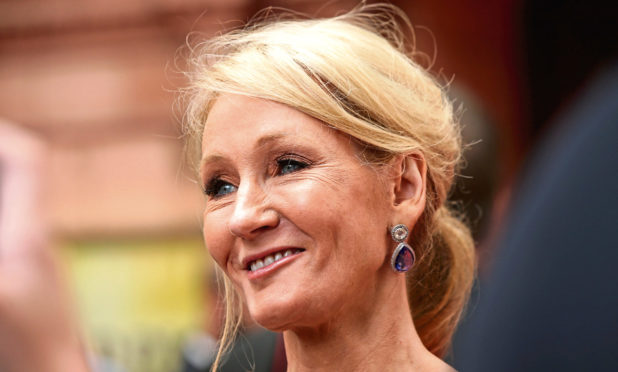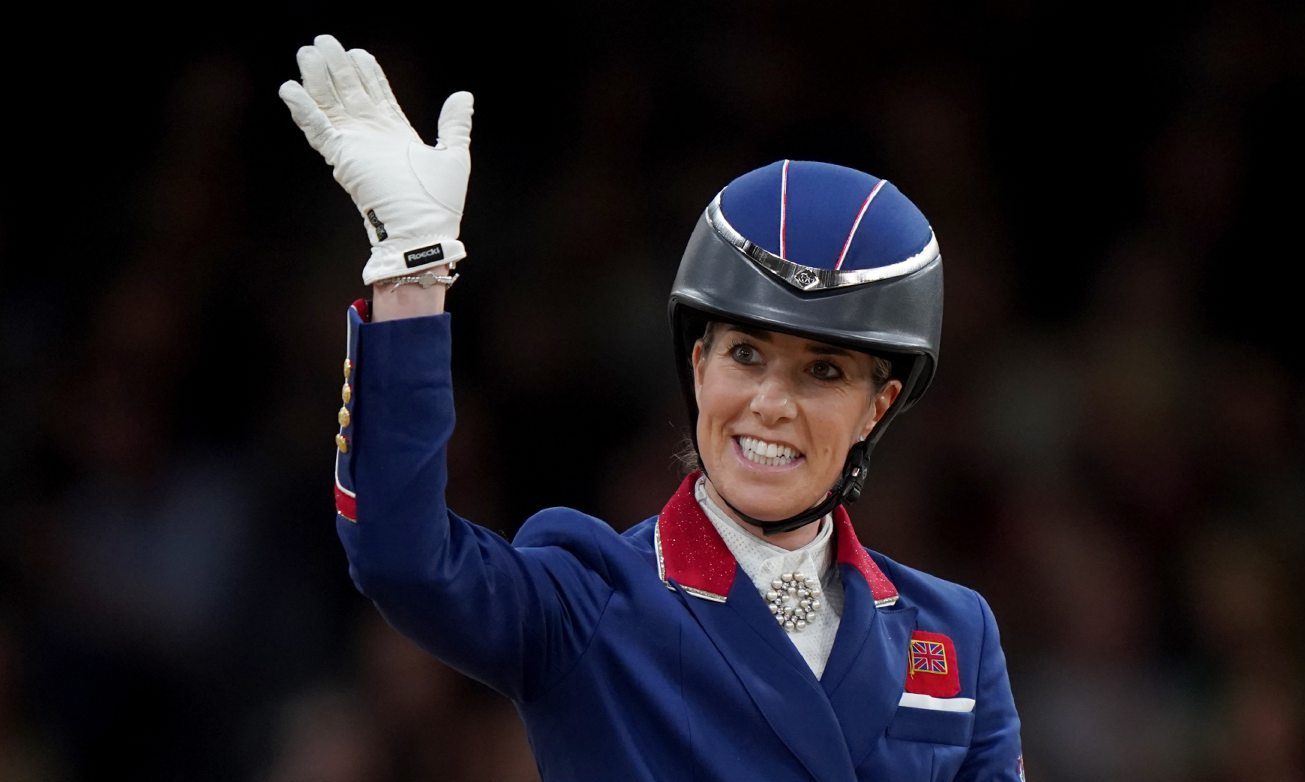A literary agency lucky enough to have JK Rowling on its books probably cares little about the departure this week of four largely unknown authors.
Given a choice between the world’s best-known, best-selling and richest novelist and a quartet of also-rans, the London-based Blair Partnership came down on the side of its superstar.
While the decision cannot have been without commercial considerations, the company also made a laudable moral stand.
The writers, objecting to Rowling’s intervention in the transgender debate, insisted the agency reaffirm its commitment to transgender rights and equality.
The Blair Partnership refused to be bullied and defended the Harry Potter creator’s right to freedom of speech.
“These clients have decided to leave because we did not meet their demands to be re-educated to their point of view,” a spokesman said.
For those not up to speed, Rowling stands accused of transphobia for daring to challenge the misogynist orthodoxy of an aggressive lobby of trans activists.
This turn of events may come as a surprise to her legions of fans who have always, for good reason, thought her to be a rather bleeding-heart liberal, as well as an extraordinarily generous supporter of worthy causes, and a fearless feminist.
In short, there is not a phobic bone in her body. In any reasonable interpretation of her pronouncements on gender, there is no hint of the hatred or prejudice now coming her way from the zealots she has questioned.
The Blair Partnership authors were just the latest artistes to object to Rowling. Last week, it was staff at the publisher Hachette, who refused to work on one of her children’s books because they felt affronted by her opinions.
Apparently, more than 100 employees – most of whom no doubt owe their living to Rowling – then denounced the Hachette boss for upholding the company’s tradition of free speech.
At this point, people may wonder whether the woman who transformed modern children’s literature really did overstep the mark and caused genuine offence to a minority group.
But here’s a sample of Rowling speaking recently on transgender: “I respect every trans person’s right to live any way that feels authentic and comfortable to them.
“I’d march with you if you were discriminated against on the basis of being trans.”
It’s hardly Trump level intolerance. In a nutshell, she disagrees with the extremist tenet that trans women – men who identify as women – can change their biological sex.
“If sex isn’t real, there’s no same sex attraction. If sex isn’t real, the lived reality of women globally is erased,” she said.
Sections of the trans community were “seeking to erode women as a political and biological class”, she claimed.
There are transgender people of both sexes, of course, mostly minding their own business, but Rowling’s foes seem obsessed with her championing of women’s rights.
In particular, she is vilified for worrying aloud about the sanctity of women’s refuges, the presence of men self-styled as women in women’s (and young girls’) changing rooms, and the inclusion in women’s prisons of men, now women, convicted of sexual assault.
After escaping an abusive husband and struggling as a single mother in her 20s, she clearly sees it as her duty to speak out on behalf of other vulnerable women.
How extraordinary then that so many young women have now turned on her, among them the actress Emma Watson, made famous by the Harry Potter franchise, who joined her co-stars in distancing herself from Rowling.
Perhaps Rowling finds their public hostility hurtful but hopefully she can rise above it.
Judging by her past form, it’s unlikely she will be cowed by the recent events.
This conflict reveals the damage that can be done by fashionable causes that are born not of inequality but fabricated victimhood.
A woman lost her job last year for a series of tweets saying that “men cannot change into women”. She also said it was unfair for trans men to compete in women’s sport. She won Rowling’s backing but not her employment tribunal’s. So much for women’s rights.
Politicians from all parties have taken sides in the debate, proving that the transgender issue is not a left-right dichotomy. In Scotland, the two most outspoken women for and against trans activism are both in the SNP.
We need Rowling’s voice, because she has total independence. She can call out the gullible and say this isn’t about discrimination. She can state the obvious, “if sex wasn’t real, there would be no such thing as transitioning”. And she can rage against the new subjugation of women by a new breed of man.
Mostly, she can speak for the moderate masses, who watch from the sidelines as the world goes mad.





